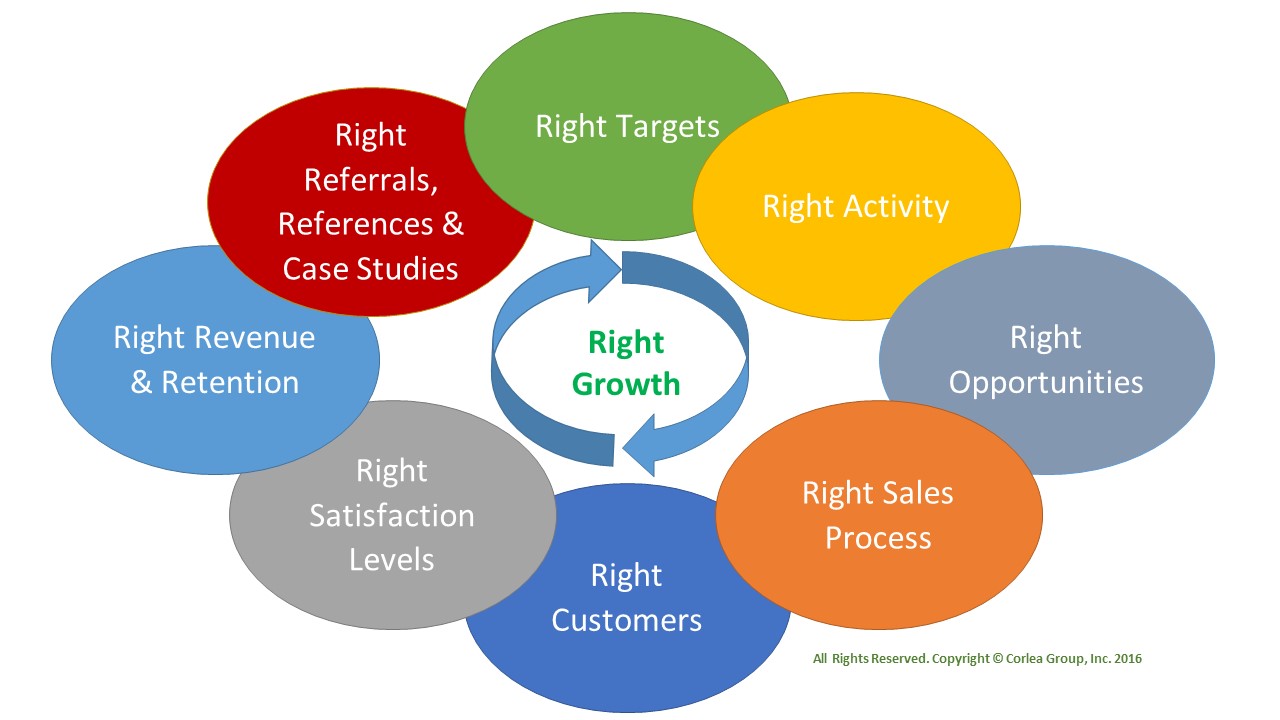What’s the Key to Salesperson Productivity?
 Do you think that the key to salesperson productivity is activity? Many business owners and sales managers would agree. However, it is Right Activity that leads to productivity. And how do we get more of the right activities? As we learned from Schoolhouse Rock: “Knowledge is Power!”
Do you think that the key to salesperson productivity is activity? Many business owners and sales managers would agree. However, it is Right Activity that leads to productivity. And how do we get more of the right activities? As we learned from Schoolhouse Rock: “Knowledge is Power!”
The key to making your sales professional more productive is Knowledge. When they truly understand the value you provide to clients, how you deliver that value, and deeply understand your target market, it becomes a lot easier to find and convert prospects into clients. With this knowledge, they can focus on the Right Activities with the Right Targets.
So, how do you educate your new sales professional? An onboarding process. You have one, right? For those companies that have an onboarding process, it usually involves the new sales professional spending several days meeting with company managers in an attempt to download everything they can about the company. While this is better than just sending them out into the field with a few brochures, it is still an incomplete process.
Here is what a proper onboarding process looks like:
Explain how your business delivers value to customers
The first step is to help the new sales professional understand how your organization delivers value to customers. They need to be able to articulate that value in different circumstances: emails, phone calls, in-person meetings, networking, social media, and more. And if you are struggling with explaining your value, then your sales team will struggle as well. It is worth investing the time to get crystal clear on this step.
Provide good training
First, assign a mentor (not a boss). One great way to do this is to find a mentor in a different part of the business that sales impacts and work with them. Two good examples would be marketing or customer service. Marketing could help a sales professional better understand your target market. Customer service would be a good place to learn how you deliver your product or service to customers.
The next step is to break it down by department. The sales professional needs to understand each step and how it all comes together to provide superior value to the customer. Isn’t that what sales is all about? Sales professionals need to be able to explain to prospects why your solution is superior to your competition’s offering.
Develop a schedule
For each of these topics, is there a logical flow? What are your checkpoints and milestones? With each timeframe, such as 30, 60, and 90 days, they are going to have more context and better questions. And, they are going to increase their ability to tell your story more effectively to potential clients.
The mentor should be there all along. They need to make sure the sales professional is getting the support they need to get up to speed as fast as possible.
This process allows your sales professional to get up to speed and be productive as soon as possible. By investing in your sales professional over the first 90 days, you are going to see short, intermediate, and long-term returns on your investment.

